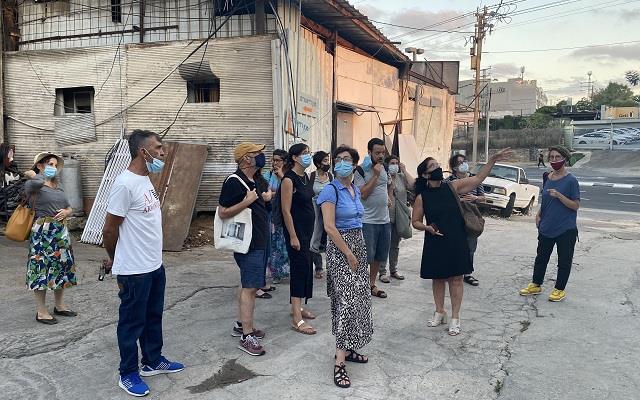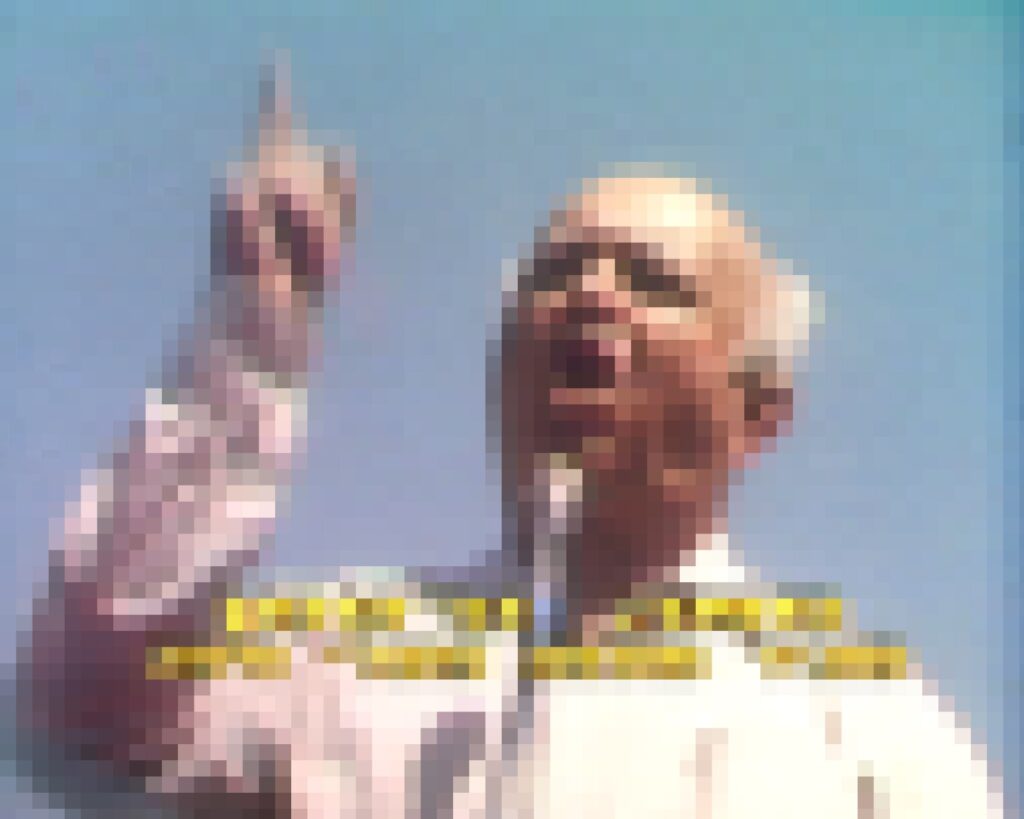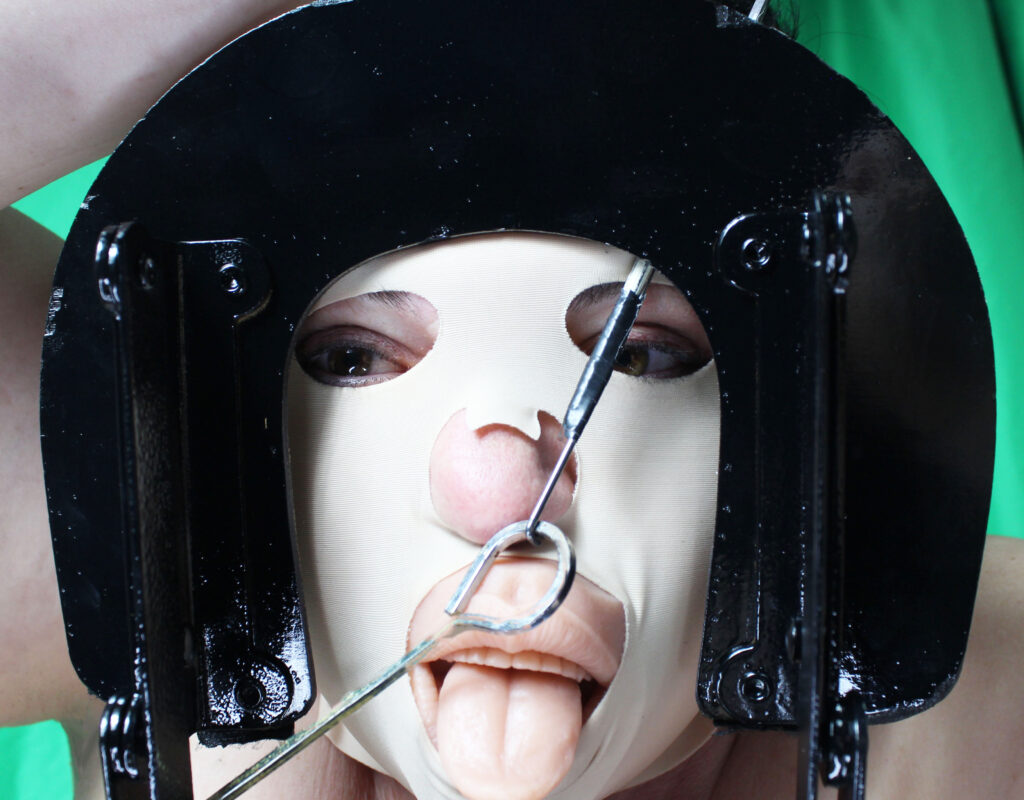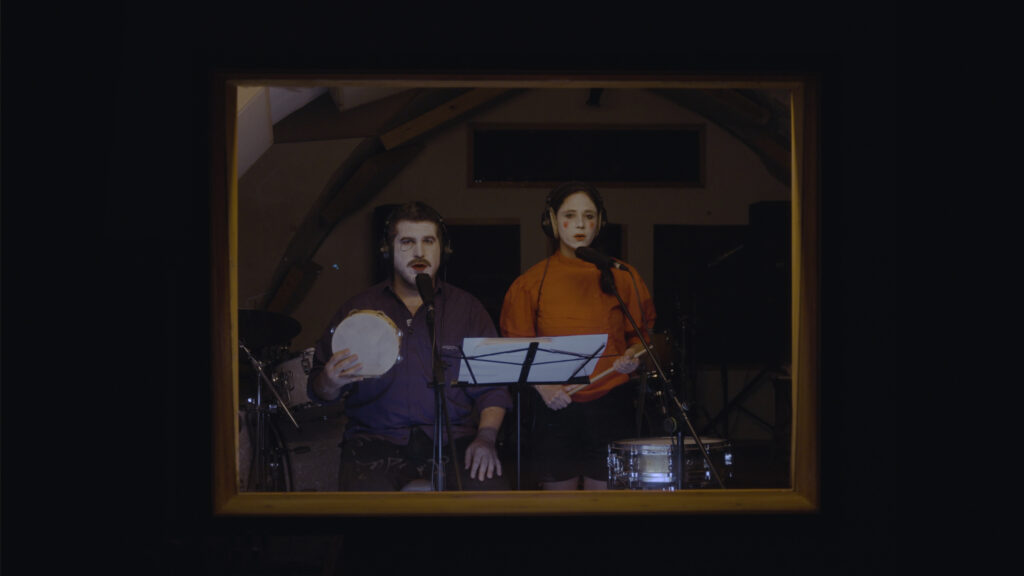Journeys
The “Border Patrols” project illuminates how liminal thinking may be expressed in other ways. We invited the artist Michal Baror to join us and began to plan our series of journeys but as we were formulating the open call for the project, the coronavirus broke out and posed a major obstacle. However instead of cancelling we decided to adapt ourselves to the new situation and declared it a virtual journey. The journey took place online and was run like a game in which the route was determined according to a lottery and the condition for moving through it was that it must be conducted as if the journey was taking place in physical reality. Thus a shared and stratified virtual wandering took shape as a random route in which each station took on the character of the person who led it. Zoom – the platform which became popular during these pandemic times – served as the roundtable around which we gathered. The participants’ varied practices took us through images and narratives, time and space, beyond borders and around the corner. A new world of spatial inquiry opened up which we are still learning and developing.
Participant of the virtual journey: Ruth Oppenheim, Zohar Elmakias, Efrat Galnoor, Ofri Cnaani, Hagar Cygler, Sarai Kirshner, Avi Kritzman and Danielle Shoufra.
In the second half of 2020, we started a second journey, this time to Tel Aviv’s Abu Kabir neighborhood in which we tried, at least conceptually, to synthesize the virtual and the actual space. Inspired by the situationists, we practiced stratified psychogeography.
Psychogeography combines the physical, concrete-planning information that exists in the urban space with the playful, emotional and social experience that accompanies wandering and drifting. “Psychogeography” was coined by Guy Debord in 1955 as “the study of the precise laws and specific effects of the geographical environment, consciously organized or not, on the emotions and behavior of individuals.” It’s goal is to shake off and fracture the automatic, the predetermined and monolithic ways in which the city is experienced, and to enable playful tools and subversive strategies for creating new and unexpected awareness in the urban landscape, an alternative history of place, and alternative channels of movement.
As the internet enables expansion of the boundaries of wandering and inquiry, the group in Abu Kabir was able to move between the geographic and the virtual, between the distant past, the recent past and the present, and between existential experiences, sometimes traumatic and complex, of the neighborhood’s residents. We carried out our wandering in an attempt to produce an alternative body of knowledge that is not based on power hierarchy nor obligated to any discipline or medium, but that produces social and political interpretations which may be translated into some sort of action in the world.
Participants of the Abu Kabir journey: Keren Benbenisty, Amnon Baror, Hila Harel, Orna Vaadia, Alma Itzhaky, Rotem Linial, Matan Kaminer, Nitzan Satt, Tali Keren and Keren Schvetz
Moderators: Michal Baror, Avital Barak, Udi Edelman





